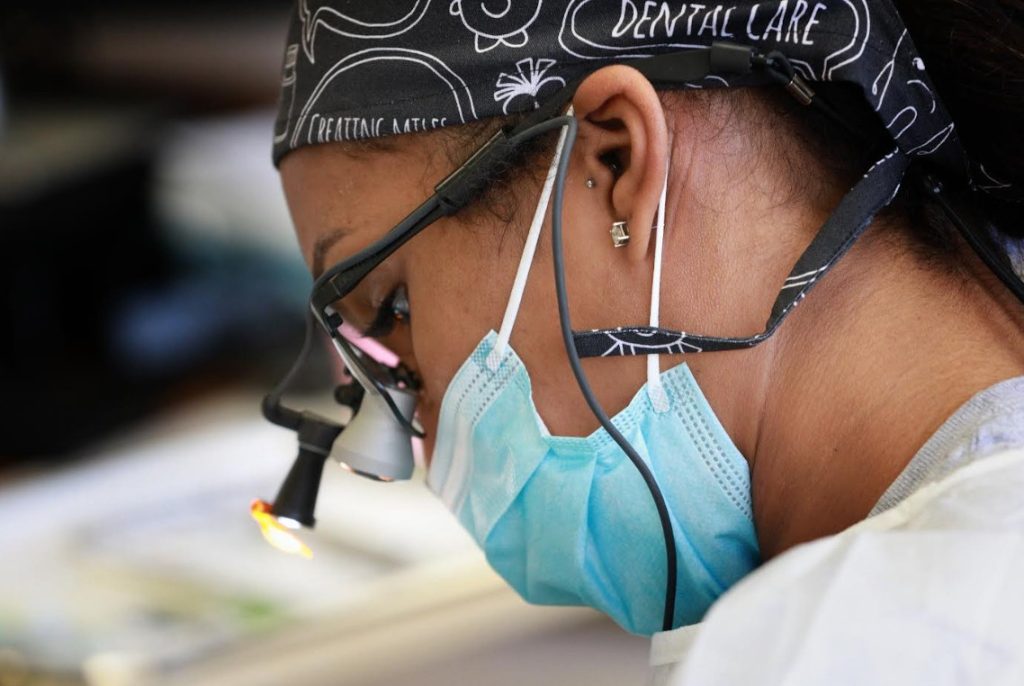NASHVILLE, Tenn. — Meharry Medical College hosted its biannual Oral Health Day on Saturday, Aug. 23, providing free dental services to more than 450 residents from underserved communities.
The event, held on the campus of the historically Black health sciences school, brought faculty, volunteers, alumni, community dental professionals and dental students together to ensure participants received much needed oral health care. Services provided included screenings, cleanings, extractions and other treatments. For many patients, Oral Health Day is one of the few opportunities they have to receive dental care.
Patient Frani Conger said she drove three hours to receive dental care at Meharry for a long-term issue she had been enduring. “Oral Health Day was a godsend to me,” Conger said. “I had been experiencing pain for quite a while.” Two other dentists had refused her service, she said, “but at Meharry’s Oral Health Day I received the best dental services of my life…I am truly thankful for the dentists here.”
Dr. Julie Gray, chair of Oral Health Day, said dental health is not just about teeth and gums. “It is directly tied to overall health outcomes, from heart disease and diabetes to complications during pregnancy,” she said. “By providing these services, we help people live healthier, happier lives.”
Third-year student, Doney Eden led the event’s logistics team, ensuring that volunteers were placed according to their specialties and matching patients with translators when needed. His work exemplified the mission of Meharry students to combine medical expertise with cultural understanding and empathy. “This is what Meharry is all about,” Eden said. “We are preparing to be providers who not only treat patients but also understand the cultural and economic challenges that affect their health.”
Nearly 27 percent of practicing Black dentists in the U.S. are Meharry graduates, highlighting the school’s long-standing role in advancing equity in oral health care.
“Oral Health Day demonstrates what can happen when a medical institution commits to the community it serves,” Dr. Gray said. “It is a tradition that has a lasting impact on both patients and providers.”


